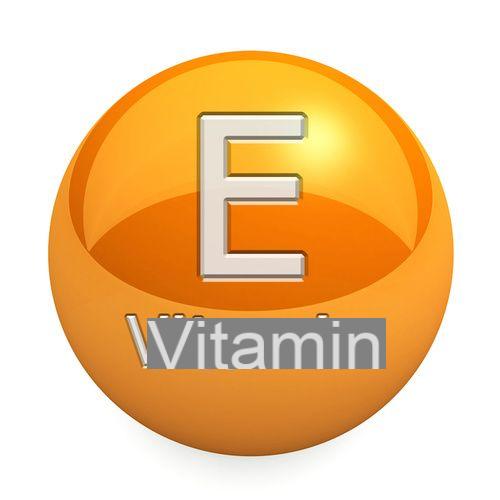Vitamin E deficiency it is very rare and can cause premature aging. The causes are to be found in metabolic dysfunctions or depend on intestinal absorption difficulties. Let's find out the causes, consequences and foods to supplement it.
> Symptoms of vitamin E deficiency
> The cause
> Nutrition against vitamin E deficiency

Symptoms of Vitamin E Deficiency
Vitamin E is a very important vitamin for the body, it intervenes in the prevention of heart disease lowering cholesterol levels and helping protect artery walls from damage caused by oxidation.
Vitamin E it also prevents the negative action caused by free radicalsBy defending cell membranes, it also regulates platelet aggregation and is essential for the immune system.
Its deficiency can therefore expose the body to various risk factors, including symptoms that can be traced back to one vitamin E deficiency there are: metabolic and muscle dysfunctions, neurological disorders, coordination difficulties; also fragility of platelets and red blood cells, therefore poor blood clotting, oxidation and premature aging of tissues, appearance of inflammatory and digestive disorders.
It has also been seen that a vitamin E deficiency can increase the risk of cataracts.
The causes of vitamin E deficiency
Vitamin E deficiency conditions are very rare, as most diets contain adequate amounts. Vitamin E is absorbed in the intestine.
The causes of a significant vitamin E deficiency are therefore attributable to metabolic dysfunctions and intestinal absorption difficulties.
Vitamin E is destroyed by heat during cooking, but also by ultraviolet rays, sodium bicarbonate and ferrous salts. Another cause of vitamin di deficiency can be the excessive presence in the body of elements that reduce its absorption, such as, for example, vitamin B3, vitamin B2, iron, zinc and manganese.
Nutrition against vitamin E deficiency
The most important food sources of vitamin E are: wheat germ oil, almond oil, sunflower oil, olive and corn oil; almonds, hazelnuts, sunflower seeds, peanuts, whole grains, eggs are equally rich in them.
Cooking, freezing and refining processes reduce the vitamin E content in foods, as well as exposure to light and air. The oils obtained under pressure contain more vitamin E of the refined ones and thus also the unrefined and wholemeal flours contain greater quantities than the processed ones.
READ MORE
> Natural food supplements of vitamin E
> The richest vegetable oils in vitamin E.
| Eating42


























